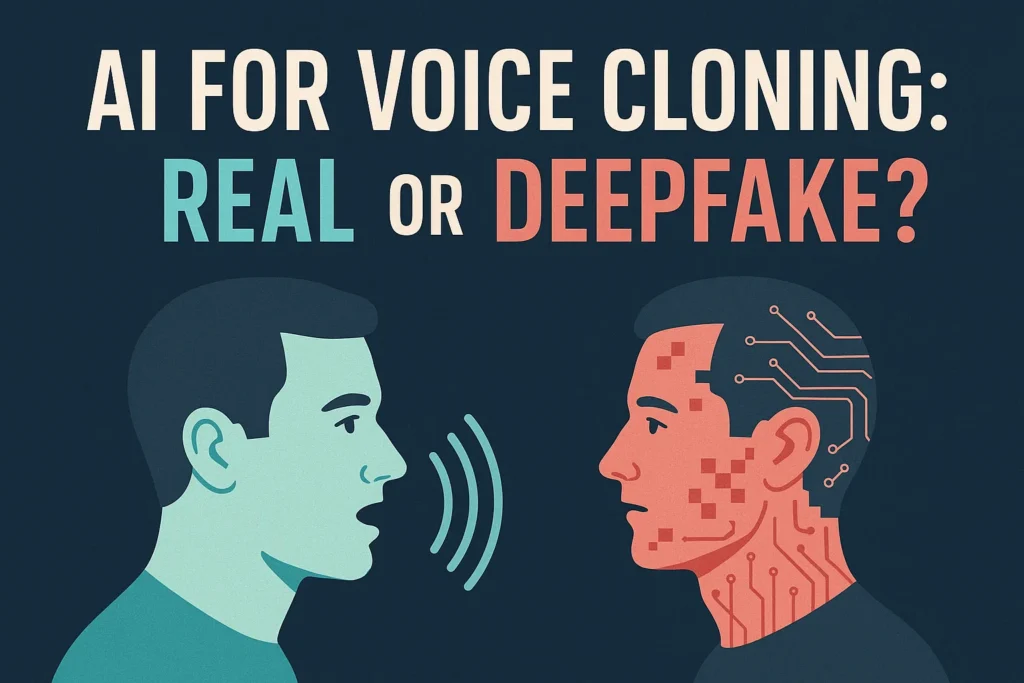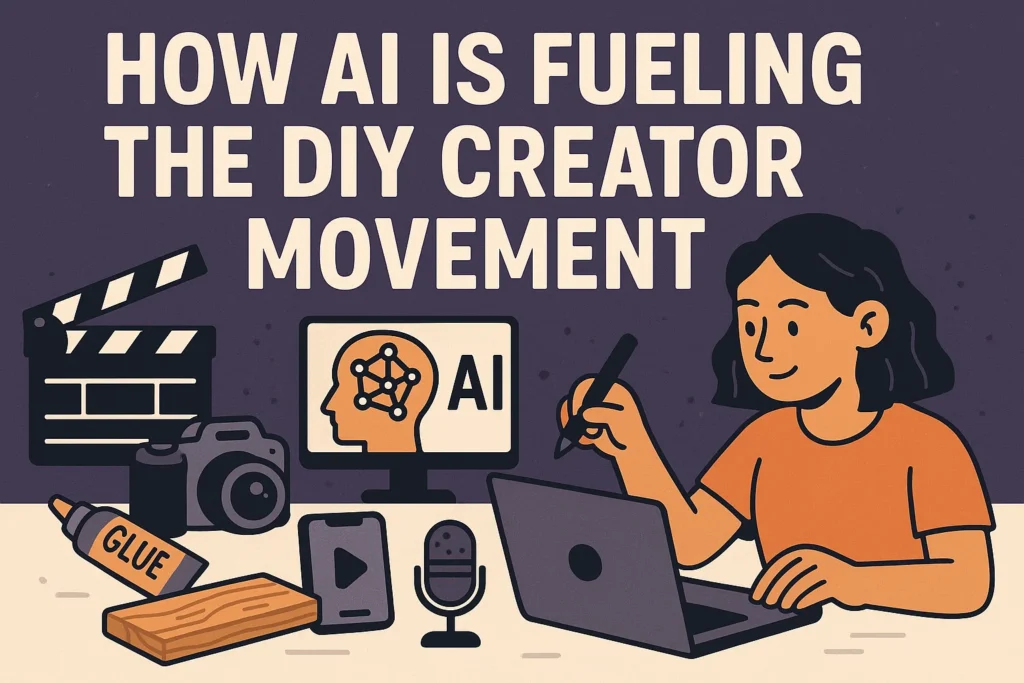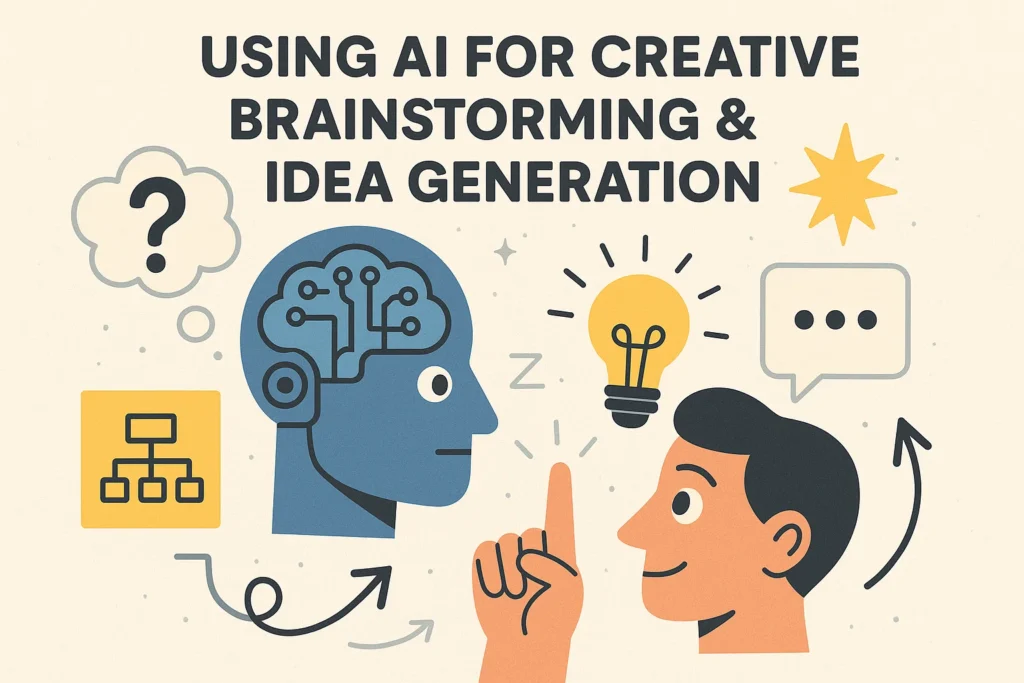🔥 Introduction
AI for Voice Cloning is one of the most talked-about technologies of 2025. From Hollywood dubbing to personalized assistants, cloned voices sound almost indistinguishable from real humans. But this also raises a big debate: is it a groundbreaking innovation or just another form of deepfake manipulation?
In this article from AiBlogQuest.com, we’ll break down the benefits, risks, and tools behind voice cloning so you can separate real progress from deepfake danger.
🎤 What is AI for Voice Cloning?
AI for Voice Cloning is the process of using deep learning models to replicate human speech patterns, tone, and emotion. With just a few minutes of recorded audio, modern tools can generate realistic voices for various applications.
🛠️ Top AI Voice Cloning Tools in 2025
Here are some of the most popular platforms fueling this trend:
-
ElevenLabs – Known for ultra-realistic voices with emotional range.
-
Resemble AI – Offers multilingual voice cloning for businesses.
-
Descript Overdub – Great for podcasters and video creators.
-
Meta Voicebox – Emerging tool for real-time voice synthesis.
-
Play.ht – Provides AI voices for audiobooks and marketing.
Each of these tools brings powerful features, but also potential misuse.
⚖️ AI for Voice Cloning – Real or Deepfake?
The line between real and fake is getting blurry:
✅ Real Benefits
-
Accessibility: Giving voices to those who cannot speak.
-
Localization: Translating content into multiple languages while keeping the same voice.
-
Entertainment: Enhancing gaming, movies, and virtual influencers.
❌ Deepfake Dangers
-
Fraud: Scammers mimicking family members or CEOs.
-
Disinformation: Fake speeches or news clips.
-
Privacy Issues: Cloning without consent.
The technology itself is neutral, but its use cases decide the outcome.
🛡️ How to Protect Yourself from Deepfake Voice Scams
-
Use Multi-Factor Authentication for financial transactions.
-
Educate Teams & Families about AI voice scams.
-
Adopt Detection Tools that analyze audio authenticity.
-
Push for Legal Frameworks around voice rights.
📌 The Future of AI for Voice Cloning
By 2030, AI voice cloning is expected to become mainstream in:
-
Virtual assistants (personalized voices).
-
Healthcare (AI companions).
-
Content creation (scalable storytelling).
But ethical guardrails must evolve alongside the tech.
🔗 Useful Links – AiBlogQuest.com
-
AI for Songwriting: Tools Musicians Are Using Now
-
How AI Is Fueling the DIY Creator Movement
❓ FAQ – AI for Voice Cloning
Q1. Is AI voice cloning legal?
Yes, if done with consent. Using someone’s voice without permission may lead to legal consequences.
Q2. Can AI voice cloning replace actors?
It may support actors but not replace their creativity, emotions, and improvisation.
Q3. How to detect a deepfake voice?
AI detection software analyzes audio patterns to identify fake voices.
Q4. Which industries benefit the most from voice cloning?
Media, gaming, education, and accessibility tech benefit the most.



